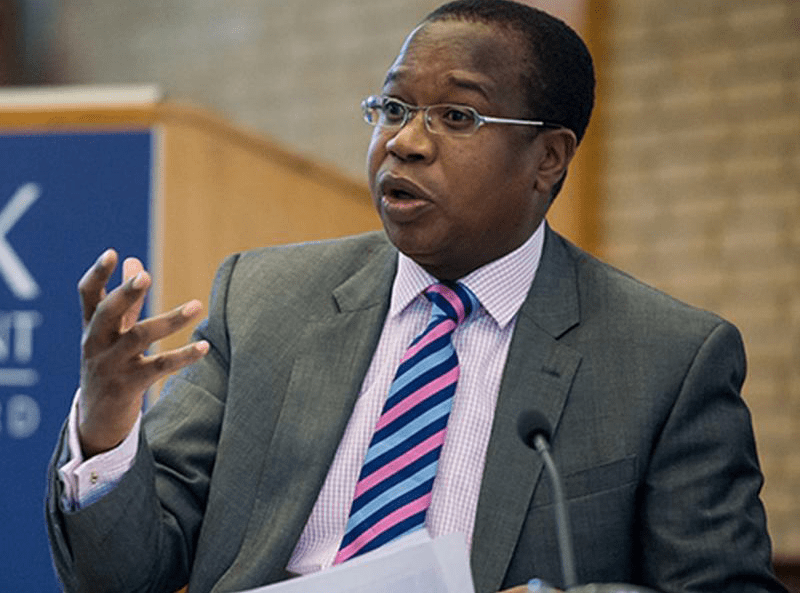- Finance
- No Comment
As debt arrears reach US$6.7 billion peak, Zimbabwe seeks global assistance

Zimbabwe’s Finance Minister Mthuli Ncube confirmed the country’s escalating debt arrears reaching a peak of US$6.7 billion. The huge debt impasse deters the nation’s development and constricts its access to global finance.
In an attempt to mitigate this crisis, the government is liaising with global finance bodies and creditors. The objective is to devise a sustainable payment scheme, not only to clear the arrears but also to stimulate economic growth, thus improving the living conditions of its citizens.
The government is appealing to its lenders for massive debt remission and waiving off additional penalties. This approach will provide the opportunity for Zimbabwe to boost its financial equilibrium and redirect crucial funds towards vital infrastructure and community development.
According to Zimbabwe’s national debt register, almost 76% of its external bilateral debt of around US$6.2 billion is in arrears. The Paris Club members, primarily Western countries providing manageable debt solutions, are recipients of US$4.1 billion, almost 98% of it having defaulted due to an economic crisis that started a twenty years ago in Zimbabwe.
Major Paris Club members consist of Germany, France, Britain, Japan, and the USA.
Addressing Zimbabwe’s mounting debt crisis
These nations have a substantial stake in global financial resolutions. They form an influential body that steers debt remodelling and fiscal aid policies, their combined efforts contributing significantly to discussions on global debt management.
Debt resolution strategies are being sought as the future outlook for Zimbabwe’s debt predicament remains uncertain. Despite international intervention attempts, the country continues to grapple with volatile economic conditions, the citizens bearing the brunt of this instability.
However, the Zimbabwe government remains resolute, nurturing discussions with creditors and undertaking expansive economic and governance amendments to address its financial woes. A structured dialogue platform for arrear solutions and debt relief is slated to be launched this year, a step crucial for re-entering global finance networks.
Policies dating back to 2001 that led to land disputes are being reassessed, with Zimbabwe allocating US$3.5 billion as compensational payments for displaced farmers. These policies resulted in US sanctions, EU disagreements and loss of access to global finance.
The current administration is striving to enhance international relations by reconciling with these displaced farmers and working towards a resolution. Despite the new sanctions and other challenges, Zimbabwe remains committed to remediating past issues and cultivating economic growth and stability.
